In fact, many cases of disc herniation are due to not knowing the cause, leading to a subjective attitude, negligence, and lack of persistence in treatment, leading to drug resistance. The discs gradually degenerate and become hard, brittle, and lose the ability to recover.
Causes of disc herniation
Herniated disc disease is a sign of degeneration of the outer fibrous layers of the disc, leading to tearing, the inner nucleus pulposus layer escaping, then compressing the spinal cord or nerve roots, causing severe, persistent pain when moving or doing heavy work.
There are many causes of disc herniation, including the following:
- Due to age
Over time, the spine of the elderly gradually loses its elasticity and flexibility, making it susceptible to herniated discs.
This disease is common in people aged 40-75. This is the age group with a very high risk of developing a herniated disc, because the water content inside the "nucleus pulposus" tends to gradually decrease.
The disc is no longer flexible due to dehydration, the cartilage is degenerated and cracked, so even a small force will cause the nucleus pulposus to protrude, compressing the lumbar nerves, causing pain.
- Due to obesity
When body mass exceeds the allowable level, the spine, which is responsible for supporting the body's mass, experiences quite heavy pressure.
The spine has to bear excessive weight, causing great pressure and overwork, which over time causes degeneration of the joint system, especially the lumbar region, which can easily lead to disc herniation.
- Due to spinal degeneration
Degeneration of the vertebrae causes patients to have difficulty with the spinal vertebrae.
At this time, the intervertebral discs and ligaments are damaged and become less flexible, not functioning smoothly according to their proper functions. The system of cartilage and ligaments around the discs of the vertebrae is also severely affected, no longer elastic and flexible, so it is not able to protect the fibrous sacs of the discs well. This causes them to tear, the mucus inside spills out, causing disc herniation.
In addition, people with degenerative spine disease also experience complications such as spinal spurs, spondylitis, etc., which significantly affect daily activities.
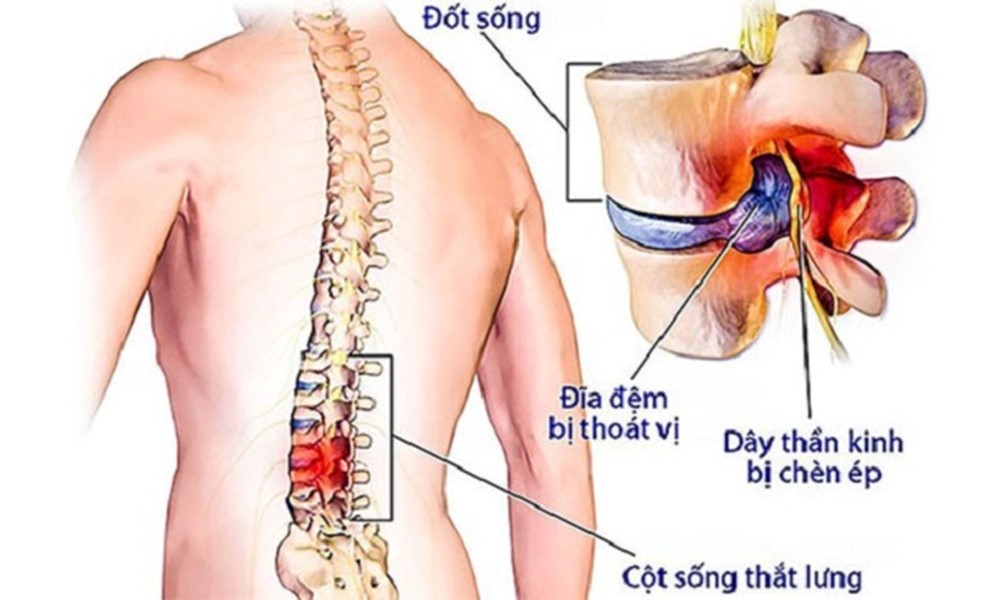
Herniated disc is a common disease related to the spine and joints.
- Due to injury
The cause of disc herniation is due to trauma in daily activities such as working in the wrong posture, bad posture greatly affects the spine. People who are susceptible to disc herniation are often those who bend over a lot, sit in one place for too long or do heavy work for a long time such as farmers, porters, workers, office workers, tailors, painters, architects, bricklayers...
Lifting heavy objects beyond one's strength causes the vertebrae to bear a lot of pressure. If this happens continuously for a long time, it can easily cause the fibrous sac to tear, leading to the sequelae of disc herniation.
In addition, people with spinal disc herniation may encounter an accident at work, while playing sports or while participating in traffic. The victim's back must endure very strong impacts or falls. The pressure that the body receives from this impact has a huge impact on the spine suddenly, thereby causing the discs to deviate from the center of the vertebrae, cracking and tearing the disc's fibrous sac. The nucleus pulposus on the inside escapes and presses on the back nerve system, causing severe pain.
- Due to unscientific living
In addition to the above problems, people with herniated discs also have some causes in their daily life such as: Habit of drinking a lot of alcohol, because alcohol and beer contain substances that prevent the synthesis of nutrients, disrupt the regeneration and absorption of calcium, thereby gradually weakening the spine.
The habit of smoking causes oxygen to be transported by the blood to the new disc, which can help this part recover from degeneration and damage. However, if the body absorbs too much nicotine in cigarettes or cigars, this oxygen synthesis mechanism will be greatly reduced.
Irregular eating habits, if the patient eats too much fast food, fried food with lots of oil and food containing a lot of phosphorus, will cause the amount of calcium in the body to decrease seriously, making bone and joint pain worse.
Doctor's advice
Herniated disc is a common problem. To prevent the causes of herniated disc, patients need to pay attention to prevention from the beginning to avoid serious consequences.
For people who do intellectual work or work in an office, they need to rest for about 5 minutes after sitting for about 1 hour by standing up and walking around the office, doing some exercises that are good for the waist.
Manual workers should be careful not to carry heavy objects beyond their capacity, and not to bend over to lift heavy objects suddenly. Instead, they should squat down to lift objects slowly to avoid strong impacts on the discs.
Regular exercise such as swimming, yoga, aerobics, cycling... is needed to help the spine become stronger and more flexible.
You should supplement foods containing nutrients for bones and joints such as vitamins D, K, Omega-3 fats... including salmon, milk, eggs, mackerel, shrimp, crab, peas, soybeans, tomatoes...
MSc. Dr. Nguyen Van Thang
Source: https://giadinh.suckhoedoisong.vn/5-ly-do-gay-thoat-vi-dia-dem-ai-cung-nen-biet-1722409272246295.htm



![[Photo] Prime Minister Pham Minh Chinh attends the event "Digital transformation of the banking industry by 2025"](https://vphoto.vietnam.vn/thumb/1200x675/vietnam/resource/IMAGE/2025/5/29/0e34cc7261d74e26b7f87cadff763eae)



![[Photo] Prime Minister Pham Minh Chinh receives leaders of Excelerate Energy Group](https://vphoto.vietnam.vn/thumb/1200x675/vietnam/resource/IMAGE/2025/5/29/c1fbe073230443d0a5aae0bc264d07fe)
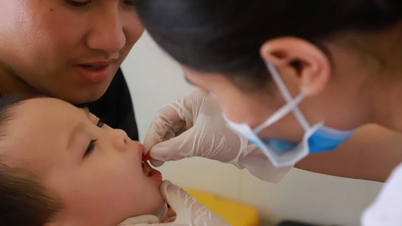

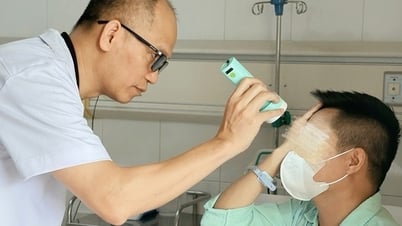

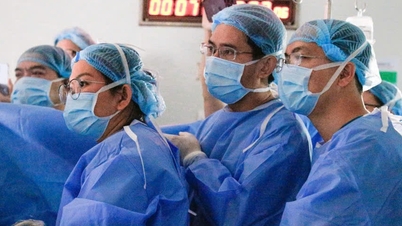




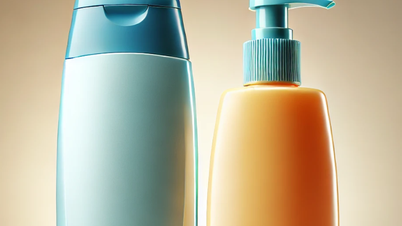












































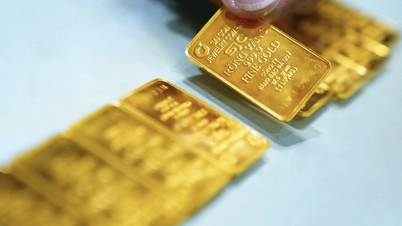





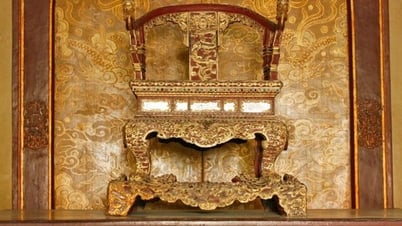
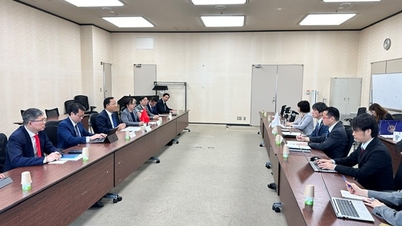











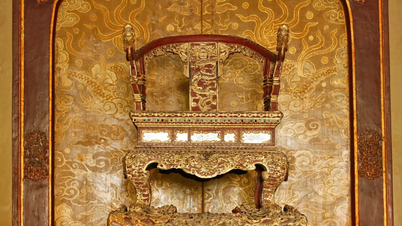














Comment (0)